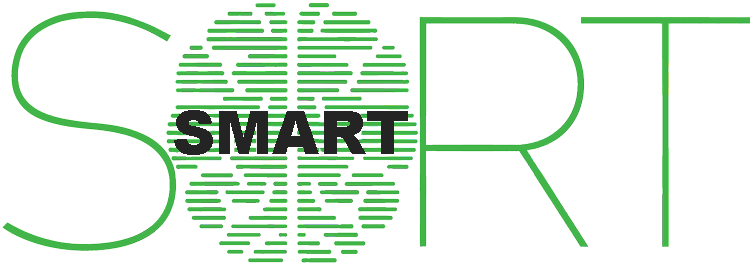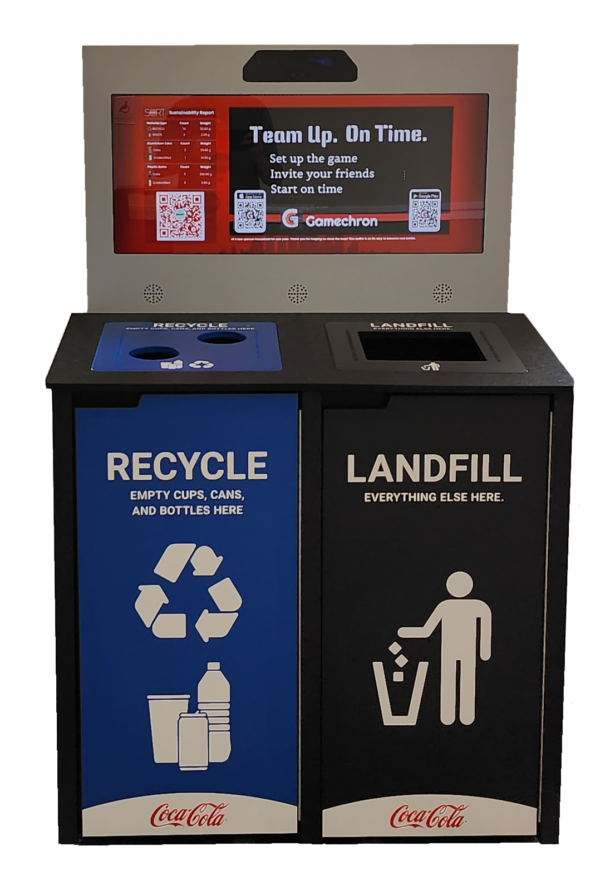In the face of mounting environmental concerns, recycling has become a crucial aspect of waste management. Smart sort recycling bins have emerged as a game-changer, revolutionizing the recycling process and increasing recycling rates. While their initial cost may be a consideration for some, these innovative bins have the potential to help recoup expenses through the benefits of increased recycling rates. In this blog post, we will explore how smart sort recycling bins can transform trash into treasure by boosting recycling rates and ultimately contributing to cost savings.
Smart sort recycling bins offer a user-friendly experience that promotes convenience and accessibility. With clear labeling and intuitive interfaces, individuals are more likely to engage in recycling behaviors. By making recycling easier and more convenient, these bins encourage higher participation rates, resulting in increased recycling volumes. The higher the recycling rates, the more valuable materials are diverted from landfills, potentially offsetting waste management costs.
Contamination is a significant challenge in recycling, as it compromises the quality of materials and raises processing costs. Smart sort recycling bins address this issue by providing clear instructions on proper waste separation. With advanced sensors and sorting mechanisms, these bins can automatically separate different recyclables, minimizing contamination. By delivering cleaner and higher-quality recyclables, smart sort bins can reduce the costs associated with sorting, cleaning, and processing contaminated materials.
Smart sort recycling bins can also serve as educational tools to increase awareness and knowledge about recycling practices. They can display educational messages or provide interactive features to inform and engage users. By leveraging these opportunities, organizations can implement targeted educational campaigns to promote recycling and proper waste disposal. Through increased awareness and understanding, individuals are more likely to adopt sustainable behaviors, further increasing recycling rates and potentially offsetting waste management expenses.
One of the key advantages of smart sort recycling bins is their ability to collect and analyze data on recycling patterns. These bins can provide valuable insights into waste generation, recycling rates, and overall waste management performance. By leveraging this data, organizations can make data-driven decisions to optimize recycling strategies, such as adjusting collection schedules, implementing targeted outreach programs, or identifying areas for improvement. These proactive measures can lead to more efficient resource allocation, reducing waste management costs in the long run.
Increased recycling rates facilitated by smart sort recycling bins can open up opportunities for revenue generation. As recycling rates rise, the volume of valuable materials recovered increases as well. Organizations can explore partnerships with recycling companies or participate in buy-back programs to sell these materials, generating additional revenue. This potential revenue stream can help offset the initial investment in smart sort recycling bins and contribute to overall cost savings.
Smart sort recycling bins offer much more than just improved waste management practices. They have the potential to transform trash into treasure by boosting recycling rates and helping recoup costs. Through enhanced convenience and accessibility, reduced contamination, targeted educational campaigns, data-driven decision making, and potential revenue generation, these bins can increase recycling rates and contribute to long-term cost savings. Investing in smart sort recycling bins is not only a step towards environmental sustainability but also a strategic move towards financial resilience in waste management operations. By embracing this innovative technology, organizations can turn recycling into a valuable asset and pave the way for a greener and more economically efficient future.




